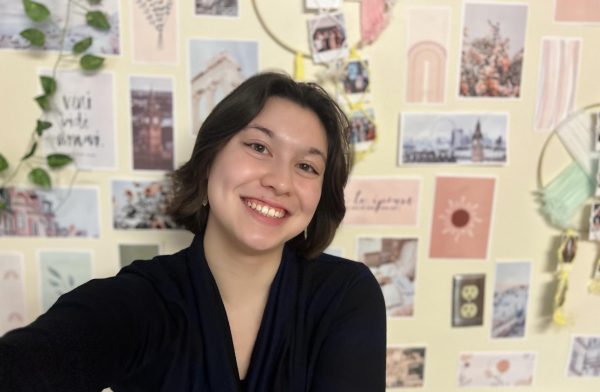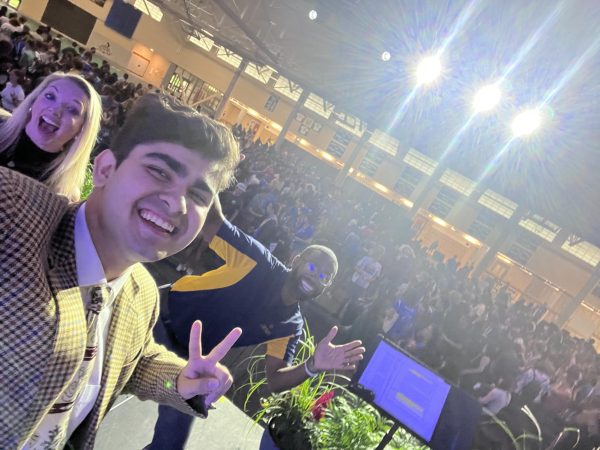PDA, or public displays of affection, we all know it, love it and definitely do not engage in it during West Coast Swing. Nor would any couple or group of individuals engaging in said practice be called out for this behavior in the previously stated class. Regardless, PDA is all around us in the shared glances between star-crossed lovers (gross), hand-holding while walking (mega gross) and (super extra super super icky) the occasional pecks on the cheek for no apparent reason. The mysterious and seemingly unreasonable cause for these actions ought to be examined and we as your Carletonian reporters are eager to discuss the implications of these confusing occurrences that occur on our very own Carleton campus.
First, we must acknowledge the general level of education about romantic interaction at Carleton, which is to say that it is entirely non-existent. Instead, many of the readings that Carleton students find themselves ingesting come from outside sources, such as popular fanfiction sites with untrustworthy and dubious .net web addresses. Ubiquitous Chapel’s Associate, Isaac, when asked what pillow-talk was, proceeded to describe something that was very much not what pillow-talk is no matter how many times we played “Pillow Talk” by Zayn Malik for him. This named and nonymous serves as a prime example of the academic failings on Carleton’s part to its hoping-to-be social and definitely curious students.
Anyhow, what causes the desperate students of this great institution to engage in very unprofessional and non-platonic behavior for the affect and audience of their fellow peers? The answer, dear reader, may be quite simple; to quote the title of a book by bell hooks that one of your writers is currently reading, it’s “all about love.” Specifically, the public performative aspect of love, where at a campus where it is (from reports collected through a thorough survey of three people who third-wheel in the group chat who we know) that it comes off as quite inauthentic when couples walk side by side, giggle or in general acknowledge the existence of their significant other in public.
Sorry, the writer of the previous sentence seems to have misunderstood how to effectively convey sarcasm via text; there is nothing performative about these actions as they are simply indications of a love too overwhelming in strength and intensity to be contained to private spaces and domains. Anyways, back to the point at hand, it is entirely natural and expected (desired even some would say) to display affection to your partner but making it a problem for the general public to deal with and remind them of their own romantic floundering often goes a step too far for most. But the true problem is framing these displays of affection for your partner as a problem for others.
[At this point, unnamed reporter 2 had to leave to work on an assignment, leaving this writer free to express their opinions—much like PDA ought to be freely expressed—without limitations like trading off writing after every sentence.]
Of course, PDA is dependent on each couple’s preferences and comfort level with displaying rather intimate moments in more public settings as well as dictated by social norms and values. Hand-holding and cheek-pecking may not be appropriate in the classroom, especially not in Cowling during West Coast Swing. And in general, all behavior should ideally be kept to a PG-13 level. (Please, I enjoy Arb walks at night, let me have these moments of quiet and solitude in the quiet while solitary.)
But in most cases, PDA faces light-hearted teasing, sometimes in the form of the words “gross,” “mega gross” and “super extra super super icky,” but usually from a place of affection for the individuals engaging in these affectionate within reason (please please please, stop making out, you know who you are) actions. So in a way, couldn’t reacting to PDA from a place of fondness and love for the happy couple also be considered a public display of affection? Could smiling and laughing while reading this analysis of PDA in Sayles be considered PDA? Are the things that we love, that define us as Dr. Taylor Alison Swift said in “Daylight,” not expressions of affection, of love and is that not a beautiful thing to be surrounded by at Carleton College?
Ugh. Gross.













